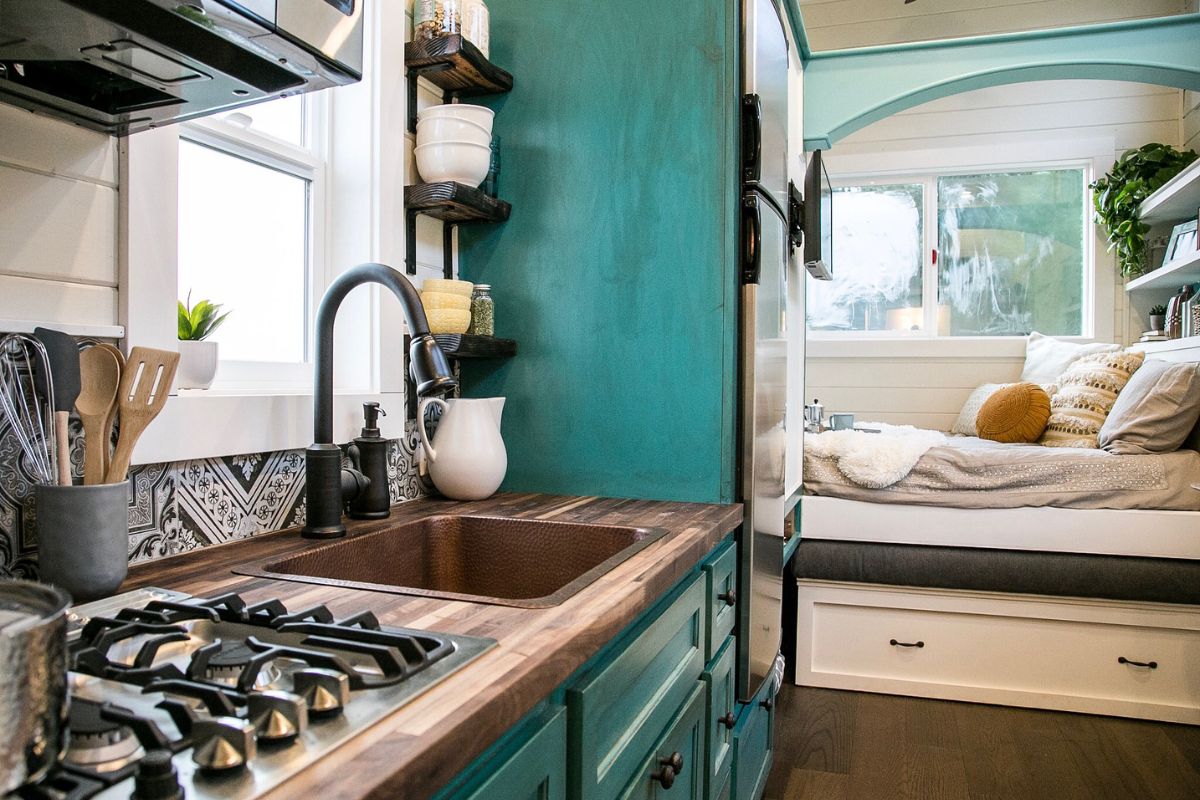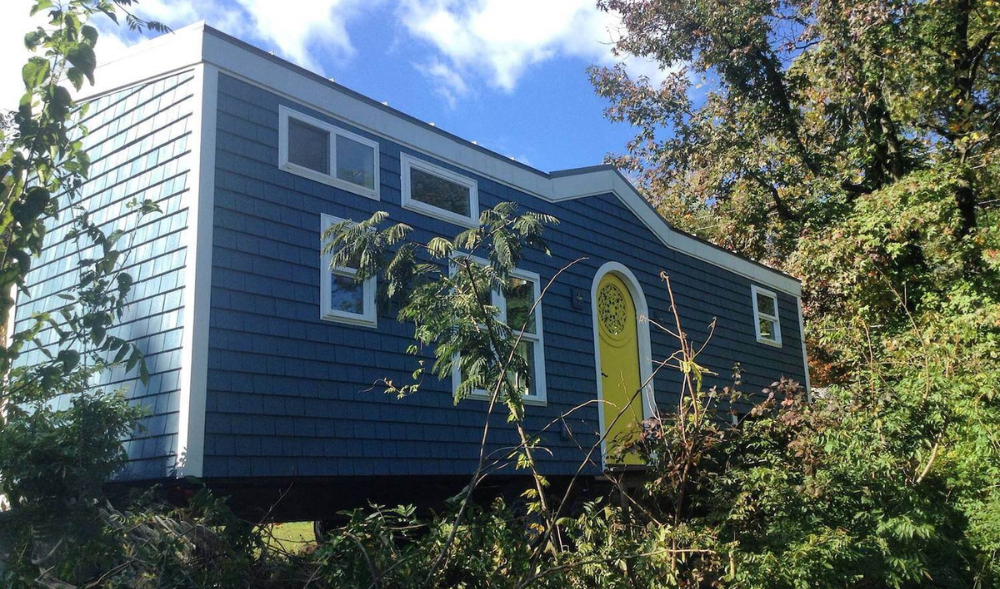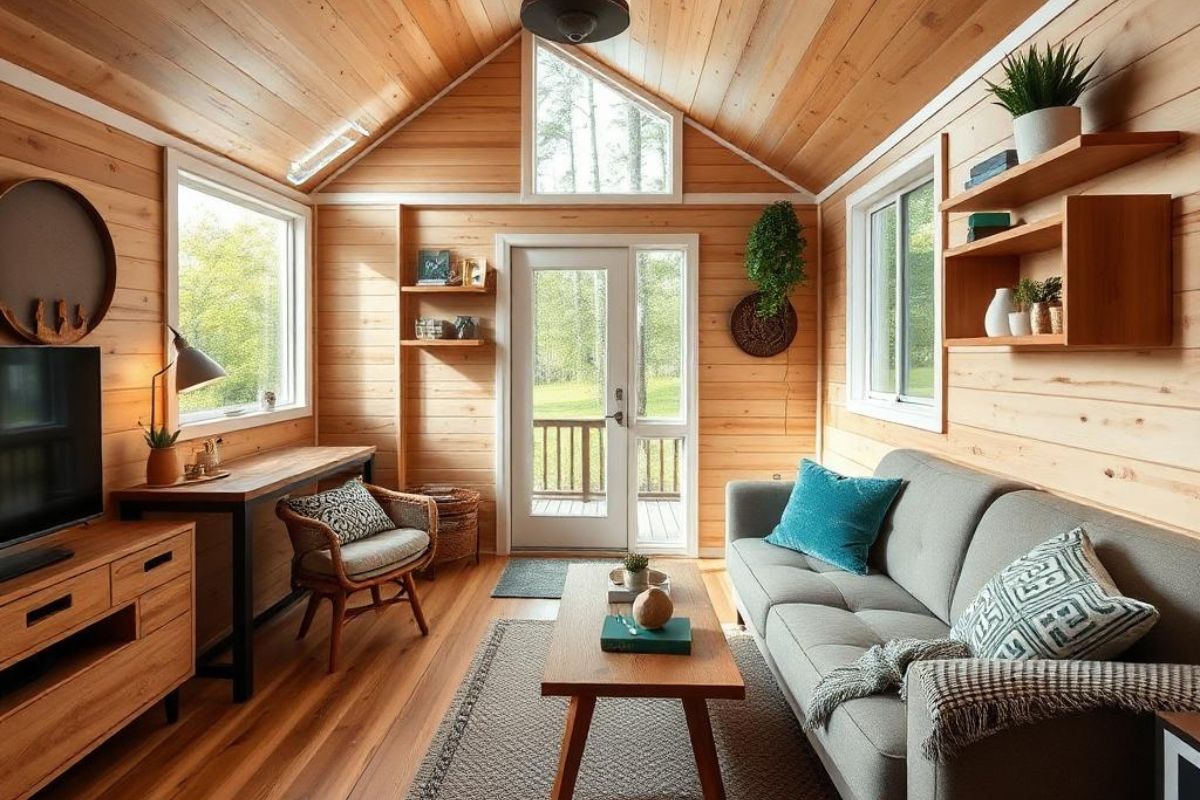Life has a funny way of throwing surprises at us. One day, you're scrolling through tiny house inspiration boards, and the next, you're the unexpected heir to your great-aunt’s bungalow in a neighborhood you’ve never visited. Inheriting real estate can be both a blessing and a logistical headache—especially if you're already committed to a downsized lifestyle or dreaming of one. Whether it’s a full-size family home, a cottage in the woods, or land tucked away in the desert, sudden ownership comes with legal strings, emotional ties, and big decisions.
This is where working with a professional becomes key. A probate realtor in Arizona, for example, isn’t just someone who lists the home—they understand how to navigate the unique complexities of selling property tied up in legal processes. They’re especially helpful if you’re managing an estate from out of state, or if the property itself is dated, cluttered, or in need of repairs before it can hit the market.
Let’s unpack what really happens when you inherit property—and how you can align that experience with your vision for a simpler, more intentional lifestyle.
What Does It Mean to Inherit Real Estate?
Inheriting a house or land typically means that someone—usually a family member—has passed away and named you as the beneficiary of their property in a will or trust. If there's no will, the local probate court decides who inherits the estate based on state law. Either way, the process isn’t instant. It involves paperwork, legal verification, and sometimes, complicated family dynamics.
Many people assume they can just move in or sell the property right away. But in most cases, the property has to go through probate, which is the court-supervised process of validating a will (if one exists), paying off debts, and officially transferring ownership of assets like homes and land.

The Probate Process in Simple Terms
Probate might sound intimidating, but it’s just a structured way of tying up the legal ends of someone’s estate. Here's a quick breakdown of what typically happens:
-
The will is submitted to court (if there is one).
-
An executor is appointed to manage the estate (often a relative).
-
Debts and taxes are paid off before any assets are distributed.
-
The property is assessed, and its value is documented.
-
Heirs are officially transferred the title to the property once all claims are settled.
This can take a few months or stretch into a year or more depending on the complexity of the estate. If you're hoping to sell or move into the property quickly, this waiting period can be frustrating—especially if the house needs maintenance or has a mortgage that’s still active.
Do You Keep It, Sell It, or Go Tiny?
Once the dust settles and the title is officially in your name, you have three main options:
1. Live In It
You might consider moving into the home, especially if it's in good condition and in a location you love. But for people drawn to minimalism or the tiny house movement, a large inherited property can feel like a weight rather than a windfall.
2. Sell It
Selling inherited real estate can provide the financial boost to fund a tiny home build, pay off debt, or invest elsewhere. That’s where having a specialized realtor—one who understands the probate landscape—can make all the difference.
3. Rent It Out
If you’re not ready to sell but don’t want to live there, renting the property might offer a steady stream of income. However, managing a rental can be its own kind of full-time job.
Why a Probate Realtor Makes the Process Smoother
Most people think any real estate agent can help with a property sale. But when the house is part of a legal estate, it’s not that simple. A probate realtor is trained to handle homes involved in court proceedings. They understand the timelines, the documentation, and how to work with attorneys, executors, and multiple heirs.
They’ll help with:
-
Coordinating appraisals and inspections that meet court standards
-
Preparing the property for sale (especially if it’s cluttered or outdated)
-
Listing the home appropriately while awaiting court approval
-
Communicating with probate attorneys and handling legal nuances
If you’ve never sold a home before—let alone one tied up in probate—you’ll want someone who speaks the language of both law and real estate.

Turning the Sale into a Fresh Start
Let’s say you’ve decided to sell the inherited property. Once the sale is complete and any debts or taxes are paid off, the proceeds are yours. Many tiny house enthusiasts use this moment as a launchpad.
Maybe you want to buy land and build your dream tiny home from scratch. Or maybe you're aiming for a mobile tiny house you can take on the road. Either way, the money from an inherited home sale can open doors you didn’t think were financially possible.
Some folks even choose to build a tiny house on part of the inherited land, keeping the rest for gardening, guest houses, or family use. Others downsize and use the extra funds for early retirement, travel, or education.
The key is giving yourself permission to break away from tradition. You don’t have to keep a big house just because someone else owned it. Your next chapter can look completely different—and a lot more manageable.
The Emotional Side of Inheriting Property
Not every decision around inherited real estate is practical. Often, there are deep emotions tied to the home—especially if it belonged to someone close to you. Guilt, nostalgia, and pressure from other family members can muddy the waters when you're trying to make a clear-headed choice.
Here are a few ways to handle the emotional side:
-
Create space before deciding. You don’t have to rush. Wait until you’re out of the initial grief before making major real estate choices.
-
Talk it out. Whether it’s with a therapist, trusted friend, or neutral financial advisor, airing out your thoughts can help bring clarity.
-
Honor the memory without the property. If the house isn’t the right fit, you can still hold onto heirlooms or take photos of the home before selling.
Remember, the person who left you the property likely did so because they trusted you to make the right decision—whatever that ends up being.

Tiny Living as an Intentional Response
The tiny house lifestyle appeals to people who want less stress, less stuff, and more freedom. But that doesn’t mean they’re immune to the complications that come with inheritance. In fact, for those committed to living smaller, inheriting a traditional home can feel especially overwhelming.
The upside? You’re in a great position to turn a complex situation into an opportunity. Whether it’s selling the property to fund your build, converting a portion of land into your tiny retreat, or simply learning more about estate planning for your future—this process can be a catalyst for thoughtful change.
Key Takeaways Before You Make a Move
Inheriting real estate might seem like an automatic win, but it comes with its own set of responsibilities and decisions. Here’s what to keep in mind:
-
You’ll likely go through probate before anything is legally yours.
-
A probate realtor can save you time, stress, and costly mistakes.
-
Don’t feel pressured to keep a house that doesn’t align with your lifestyle.
-
Selling can create financial freedom to live on your own terms.
-
Grief and emotions are valid—give yourself time to sort through them.
Final Thoughts
Big homes don’t always equal big dreams. Sometimes, inheriting property is the nudge you didn’t know you needed to finally pursue a tiny lifestyle with more freedom and less baggage. The legal stuff might feel like a mountain at first, but with the right support—and the right mindset—you can make thoughtful choices that truly reflect how you want to live.
Whether you keep, sell, or transform what you’ve inherited, the key is to move forward with intention.






Share: